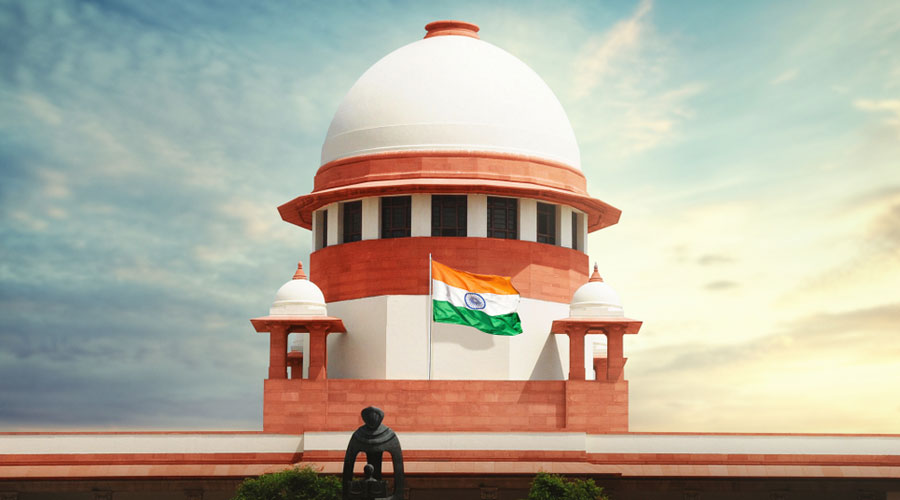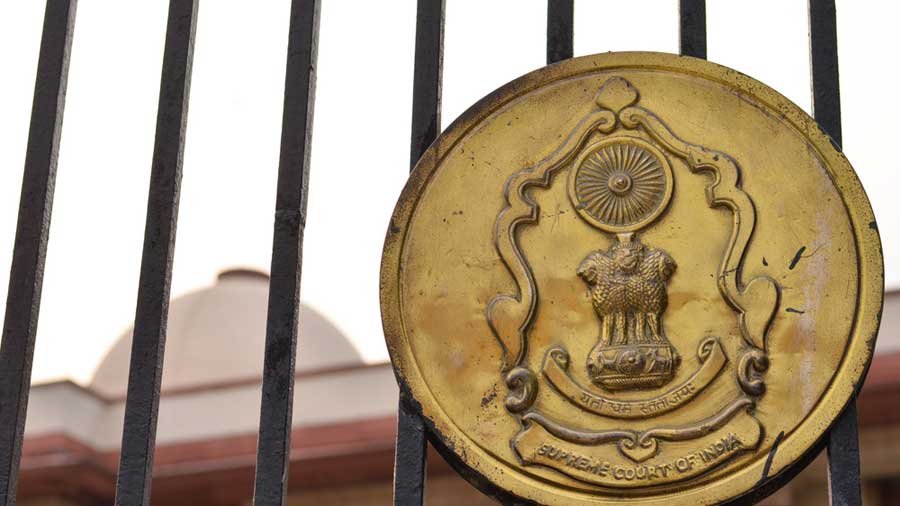The Supreme Court on Friday ruled that only the final decisions taken by the collegium on the appointments and transfers of judges can be revealed under the RTI, and not the consultation process since it is “tentative” in nature.
“Unless and until a final decision is taken after due consultation and on the basis of such a final decision a final resolution is drawn, whatever discussions had taken place cannot be said to be a final decision of the collegium,” the apex court said.
“The actual resolution passed by the collegium only can be said to be a final decision of the collegium and till then, at the most, it can be said to be a tentative decision during the consultation.”
The bench of Justices M.R.Shah and C.T. Ravi Kumar passed the verdict while dismissing an appeal from RTI activist Anjali Bharadwaj.
The petitioner had challenged a July 27 order by a Delhi High Court division bench that had concurred with a single-judge bench that only the final decisions of the collegium on judicial appointments and transfers could be disclosed under the RTI.
Bharadwaj had petitioned the high court after the Supreme Court had, on its administrative side, refused her RTI plea for the disclosure of certain purported decisions the collegium had taken on December 12, 2018.
The collegium had that day discussed the possible elevation to the top court of then Delhi High Court Chief Justice Rajendra Menon and the then Rajasthan High Court judge, Justice Pradeep Nandarajog. Neither was eventually elevated, and both have since retired.
Writing the judgment, Justice Shah said: “The collegium is a multi-member body whose decision is embodied in the resolution that may be formally drawn up and signed. When in the subsequent resolution dated 10.1.2019, it is specifically mentioned that in the earlier meeting held on 12.12.2018 though some decisions were taken but ultimately the consultation was not completed and concluded and therefore, the matter/ agenda items was/ were adjourned.
“Therefore, as no final decision was taken which was culminated into a final resolution drawn and signed by all the members of the collegium, the same was not required to be disclosed in the public domain and that too under the RTI Act.”
The apex court said that in terms of a collegium resolution of October 3, 2017, on making public all collegium decisions, too, only the final resolution and final decision, and not the discussions, needed to be uploaded on the Supreme Court’s website.
“In view of the above and for the reasons stated above, no reliance can be placed on the news report and/ or some article in the media. What is required to be seen is the final resolution which is ultimately drawn and signed by the members of the collegium,” the judgment said.











